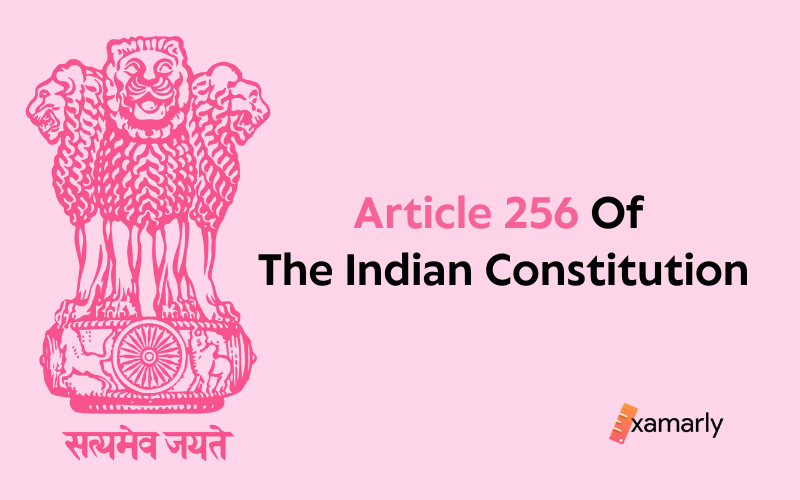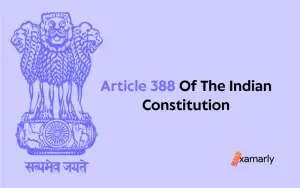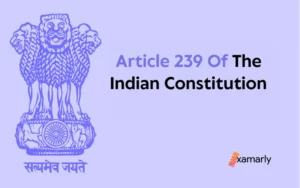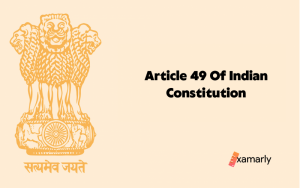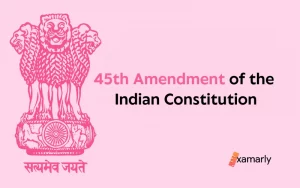Article 256 of the Indian Constitution talks about the executive powers of the state. It talks about how the Union has the authority to give instructions to the state.
Let us dig deep into Article 256 of the Indian Constitution and get to know everything about it.
- What does Article 256 Of The Indian Constitution Say?
- Summing Up
- FAQs
- What is the purpose of Article 256 of the Indian Constitution?
- Can a state challenge the laws made by Parliament or the executive orders of the government of India?
- Can a state refuse to follow a law made by Parliament or executive order of the government of India?
- What is Article 256 of the Indian Constitution?
What does Article 256 Of The Indian Constitution Say?
256. Obligation of States and the Union The executive power of every State shall be so exercised as to ensure compliance with the laws made by Parliament and any existing laws which apply in that State, and the executive power of the Union shall extend to the giving of such directions to a State as may appear to the Government of India to be necessary for that purpose
Article 256 of the Indian Constitution relates to the obligation of states to follow the laws made by Parliament and the executive power of the Union with respect to certain matters.
It states that the executive power of every state shall be so exercised as to ensure compliance with the laws made by Parliament and any existing laws which apply in that state.
Additionally, it requires the states to extend their cooperation to the Union in the exercise of its powers and functions.
The article also says that the Union can tell a state how to make sure it follows the laws made by Parliament. It can also tell a state how to run its business in the best way possible.
Related – Article 265 Of The Indian Constitution
Summing Up
We can conclude from Article 256 of the Indian Constitution that it is the responsibility of each state’s executive branch to enforce the laws passed by Parliament and any other legislation in effect in that state.
The Union’s executive authority includes the ability to issue directives to the states as it sees fit.
FAQs
What is the purpose of Article 256 of the Indian Constitution?
The purpose of Article 256 is to ensure that the states in India follow the laws and executive orders made by the government of India. It is a means of ensuring that the federal structure of the country is maintained and that the states do not act in a way that is contrary to the laws and policies of the central government.
Can a state challenge the laws made by Parliament or the executive orders of the government of India?
A state can challenge the validity of a law made by Parliament or the executive order of the government of India if it believes that the law or order is unconstitutional. However, the final decision on the validity of the law or order rests with the Supreme Court of India.
Can a state refuse to follow a law made by Parliament or executive order of the government of India?
A state cannot refuse to follow a law made by Parliament or the executive order of the government of India. If a state fails to follow a law or order, the government of India has the power to give directions to the state to ensure compliance. If the state still fails to comply, the government of India can take more severe measures, such as imposing President’s rule in the state.
What is Article 256 of the Indian Constitution?
Article 256 of the Indian Constitution is a provision that imposes a duty on the states to follow the laws made by Parliament and the executive orders of the government of India. It states that “The executive power of every State shall be so exercised as to ensure compliance with the laws made by Parliament and any existing laws which apply in that State, and the executive power of the Union shall extend to the giving of such directions to a State as may appear to the Government of India to be necessary for that purpose.”


